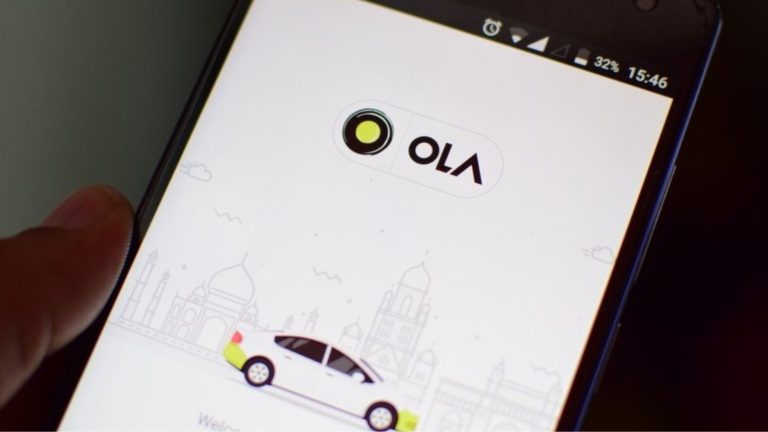Bengaluru: In a significant judgement, the Karnataka High Court has held that under the provisions of the Sexual Harassment of Women at Work place (Prevention, Prohibition and Redressal) Act, 2013 (PoSH Act), a driver-subscriber is an ‘employee’ of the transport aggregator, Ola in the instant case.
Justice M G S Kamal passed this order while partly allowing the petition filed by a Bengaluru woman, who was harassed by a driver under the Ola platform.
The petitioner woman had questioned the stand taken by the Internal Complaint Committee (ICC) of ANI Technologies Pvt. Ltd (Ola) not taking action against the driver as laid down under the PoSH Act.
The court said that for the purpose of the PoSH Act, the driver-subscriber is an ‘employee’ of Ola. “..for purposes of advancement of the intent and object of the PoSH Act, 2013 it is necessary and compelling that the meaning of the term ’employee’ be extended to cover persons like driver-subscriber. Anything short of this would result in rendering the purpose, intent and object of the PoSH Act, 2013 ineffective in the vast private sector of this nature,” Justice Kamal said.
Also read – Psycho-Matric Profiling in Recruitments: Is it a Powerful Primordial Pursuits? : Pramod Kr. Tripathi
Ola had claimed that it is merely an ‘Intermediary’ providing technology based platform for driver-subscribers and the rider-subscribers without having control of any nature whatsoever over either of them.
It said that drivers are not its ‘employees’ but were ‘independent contractors’ and that ICC has no jurisdiction to initiate any enquiry under the PoSH Act. Ola also submitted that there is no relationship between ’employer’ and ’employee’. The aggregator further argued that under section 11 of PoSH Act, respondent in a complaint of sexual harassment has to be an ’employee’ for the ICC to conduct an enquiry into the complaint of an ‘aggrieved woman’.
The court said the term ‘employee’ and ‘employer as provided in PoSH Act indicate that they intend to cover all possible means and modes of engagement of a person as an ‘employee’ by the ‘employer’ at his/its work place, for and in furtherance to his/its business and other objectives.
The court further said that being an aggregator under the Aggregators Rules 2016 (state Rule), Ola has additional statutory obligation of ensuring safety of the passengers by further ensuring proper use of the taxi/vehicle and to inform occurrence of any untoward incident to the Licensing Authority and to the police. Failure of which entails the authorities concerned to revoke the license in the manner enumerated under the Rules, the court said. “Admittedly in the instant case neither the ICC nor the Ola has discharged the obligation imposed on them under the Aggregators Rules 2016,” Justice Kamal observed.
The court further said, “Argument canvassed on behalf of Ola is that there is no compulsion to utilise its service and one is free and at liberty to choose or not to choose. True it is, that though such an option is available, the same cannot be used as an excuse not to adhere to the statutes and directives as held by the Supreme Court in the case of LIC of India case of 1995.”
Source : deccanherald
Stay connected with us on social media platforms for instant updates click here to join our LinkedIn, Twitter & Facebook



































